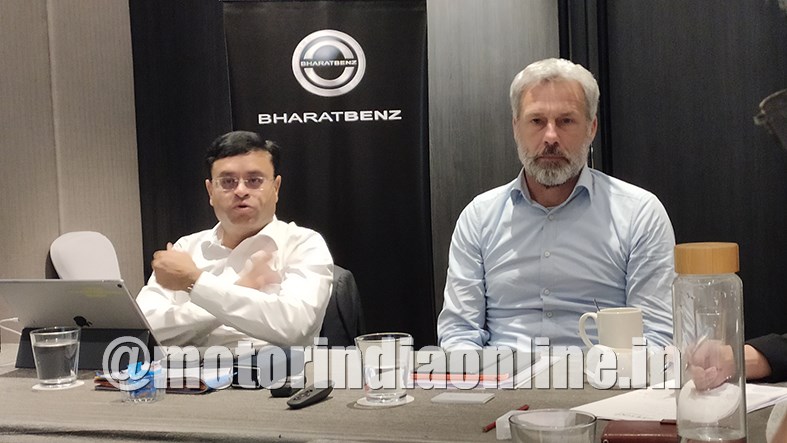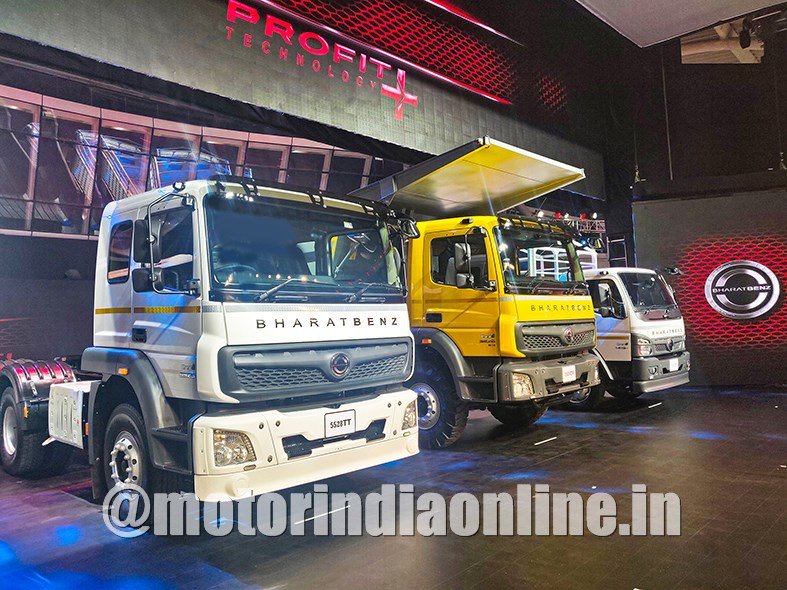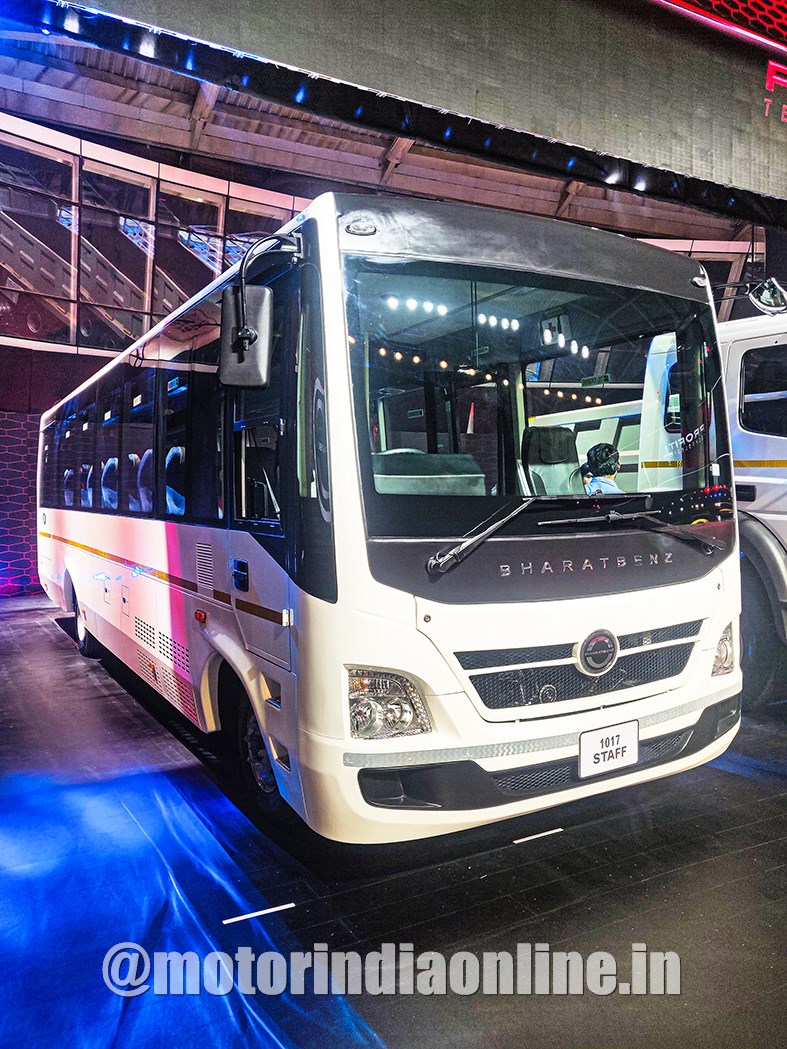The company is bullish about prospects in the BS-VI era and is exploring additional revenue streams in off-highway, defence and freight aggregation segments, reports N. Balasubramanian

Daimler India Commercial Vehicles (DICV) has reported its preliminary results for 2019, a year that proved to be a very challenging one for the Indian commercial vehicle industry. In its domestic business, DICV recorded a drop of 36% with sales of 14,474 trucks in 2019 as compared to 22,532 units in 2018, in line with the 35% drop in industry sales volumes. The company managed to maintain its market share at 5.8% while not resorting to any form of discounting despite highly volatile market conditions.
In spite of significant market headwinds, DICV was able to grow its domestic sales network by a record 30%, expanding from 182 touch-points in 2018 to 236 in 2019. In 2020, the truck maker plans to expand its network by another 25%.
Maintaining a bullish stance over his company’s performance and bright future outlook, Satyakam Arya, Managing Director and CEO, DICV, said: “In 2019, we have achieved the best-ever business ramp up in the Indian commercial vehicle industry. We now have more than 1 lakh BharatBenz trucks and buses on Indian roads and have exported over 30,000 vehicles across the world.”
“Internal cost restructuring, focused material cost saving in cooperation with supplier partners and strong growth in exports enabled us to achieve positive results. We are now better positioned than ever to lead India’s CV market with our technologically advanced and cost-effective products and services,” he added.
Earlier this year, DICV had showcased its new, upgraded BS-VI range of MHCVs and buses which comprises a total of 40 vehicle models. The company has started delivering its BS-VI trucks and is humbled with the initial feedback from customers. “We have started deliveries of our BS-VI trucks and some of our customers have covered over 25,000 km with them on Indian roads,” Arya informed.
“Our customers are delighted with the performance and fuel efficiency of the vehicles. More than 100 customers have placed interest to buy our BS-VI trucks which we will continue to deliver in line with the availability of BS-VI fuel across the country,” he added. On the exports side, DICV set a new record in 2019 with over 8,000 units sold to 53 markets worldwide – a 14% growth. During the year, the company further surpassed two major milestones: 30,000 vehicles and 125 million parts sold overseas since exports began in 2013. It also exported over 13,000 transmissions in 2019, an impressive 43% growth over the previous year.
Growing bus business
While the market was challenging on the truck side, things were brighter with respect to buses. Daimler India’s bus business achieved its best-ever result in 2019 with an 11% rise in domestic sales and a 56% increase in exports, with revenue growing by 12.5%. Currently there are over 7,500 BharatBenz and Mercedes buses on Indian roads.
Thomas Fricke, Managing Director, Daimler Buses India, said: “As a global market leader, Daimler Buses sees enormous potential in India, the world’s second-largest bus market. We achieved record results in 2019 and will continue to offer our customers and their passengers reliable quality at competitive prices.” One of the major growth drivers for Daimler Buses was sales in new regions domestically thanks to its expanded sales network while the company also bagged an STU order for around 20 buses from Haryana.
New revenue streams
For 2020, DICV expects to steadily grow its domestic and export business with its all-new BS-VI product portfolio. For BharatBenz, focus areas include the ongoing rollout of connectivity solutions – Proserv 2.0, Truck Connect and Bus Connect, further expansion of the sales and service network, and BS-VI-compliant products that provide even better value for the customer.
Sharing an update on DICV exploring additional revenue streams, Arya revealed: “Since the CV business is usually cyclical, we are looking at ways to mitigate the impact and also look for new revenue streams as part of our growth plans. We are looking at supplying engines for off-highway and defence applications and are also exploring the freight aggregation space.”

